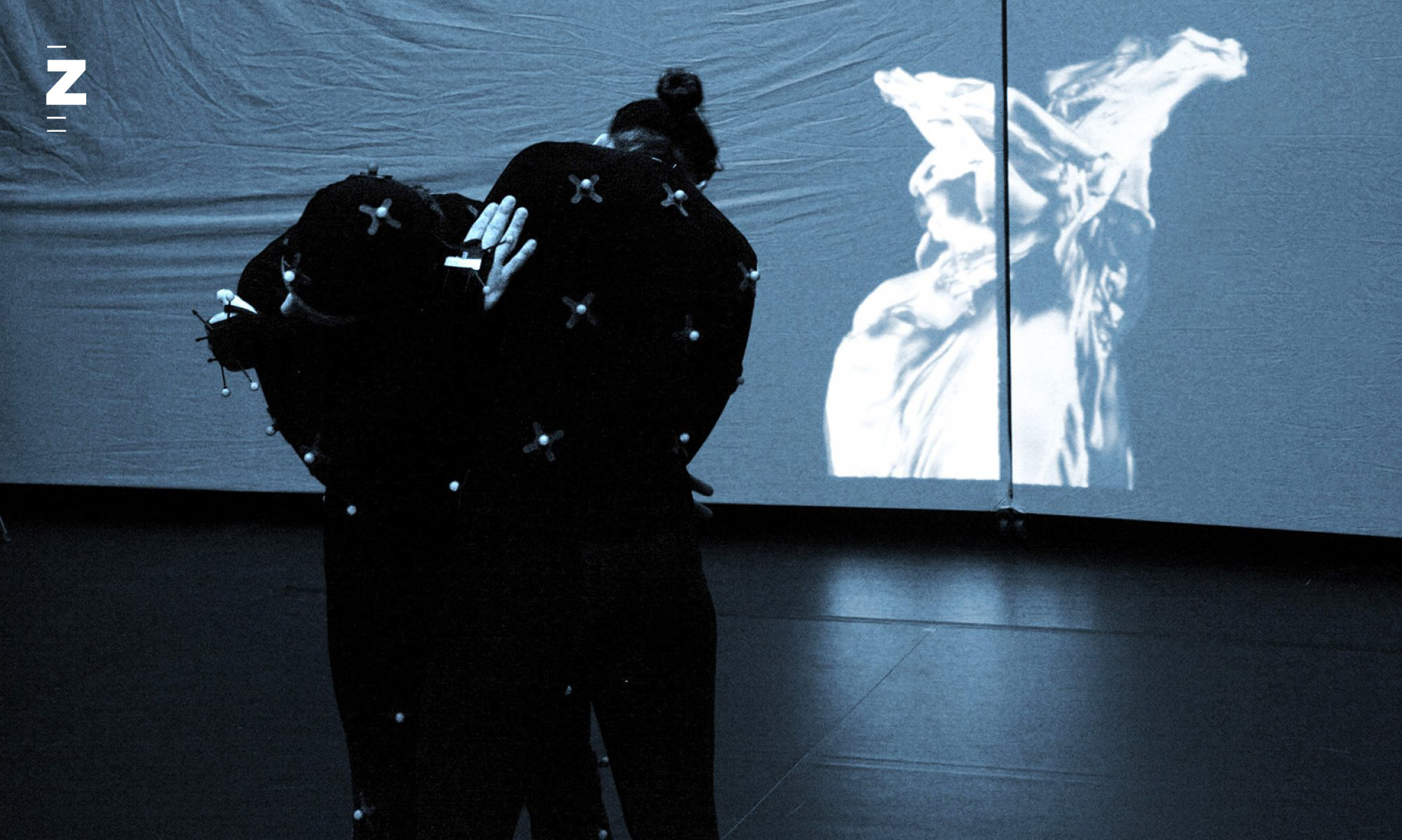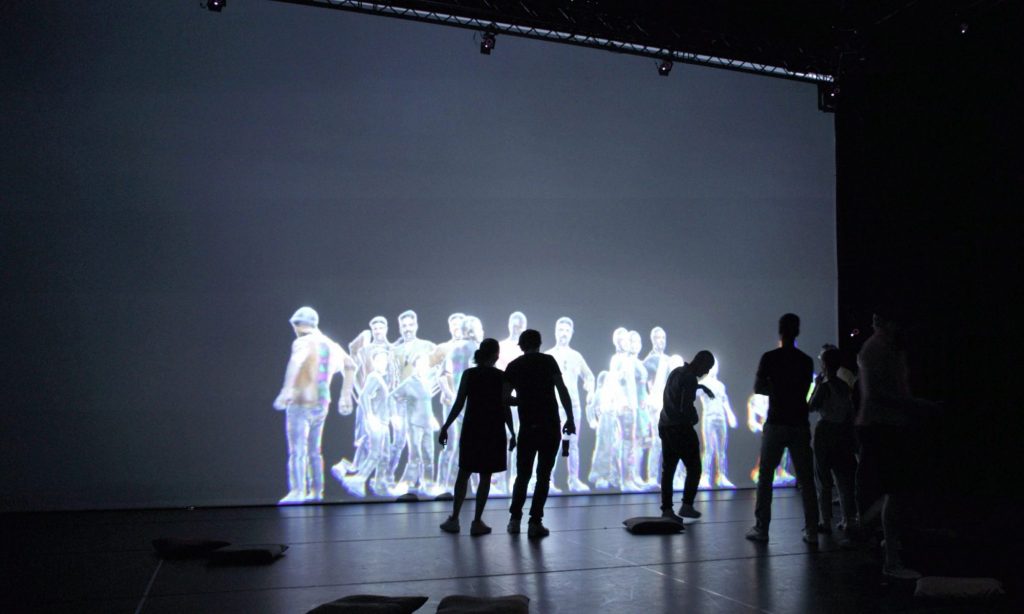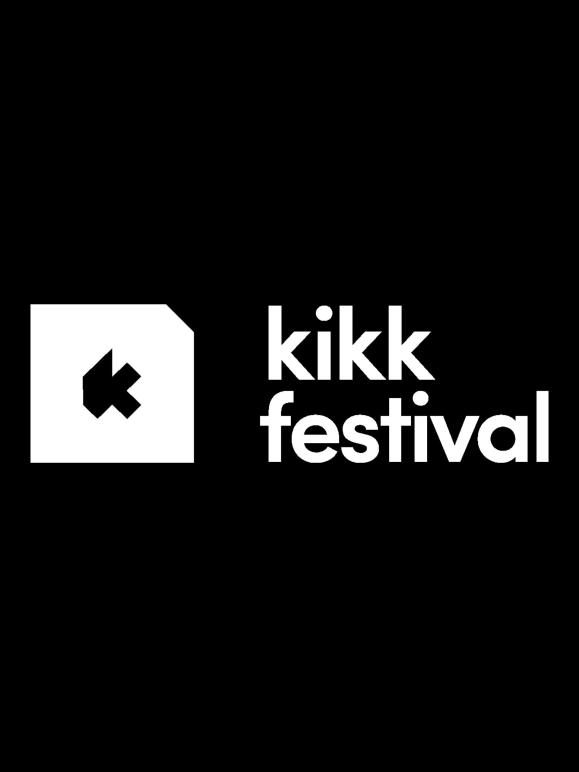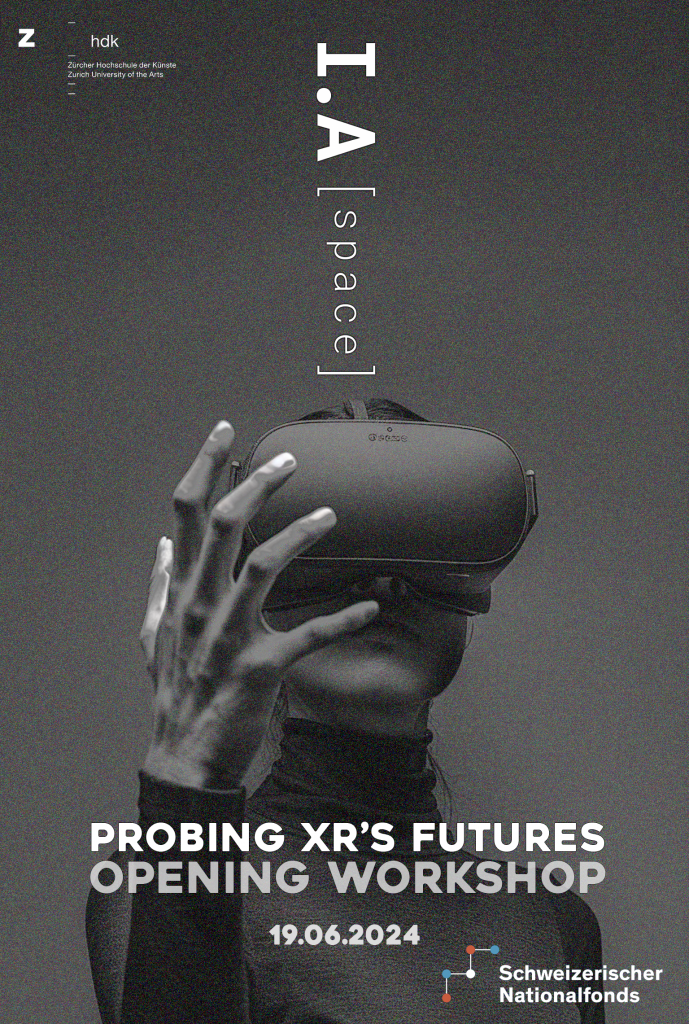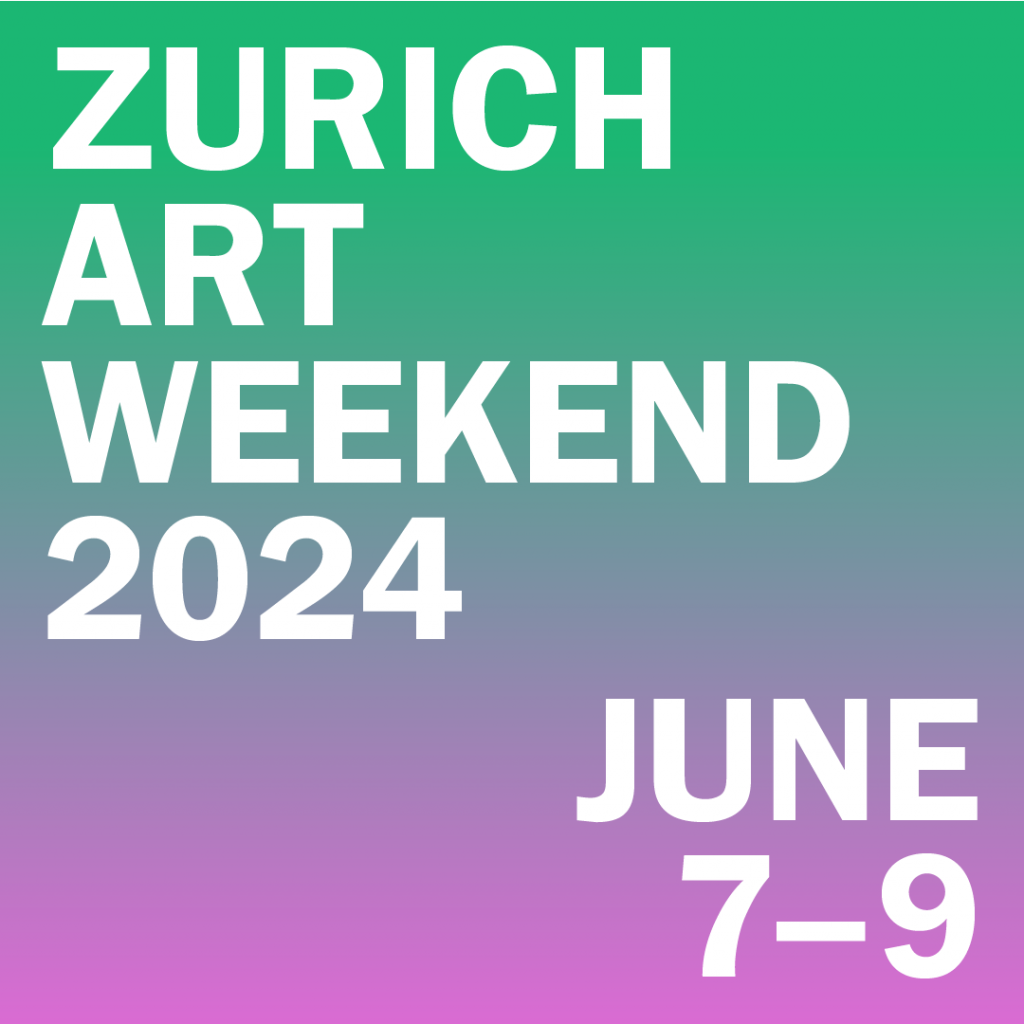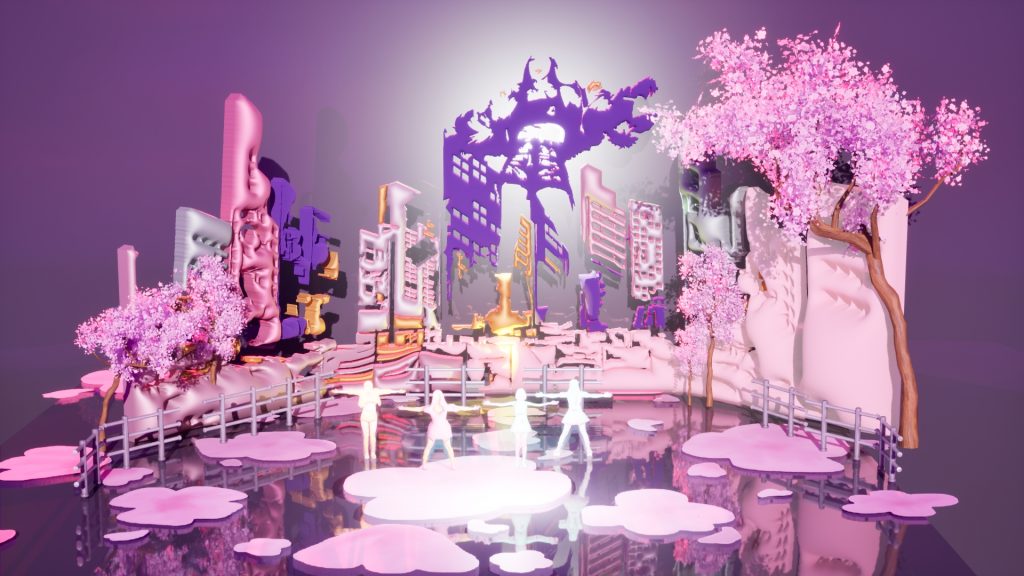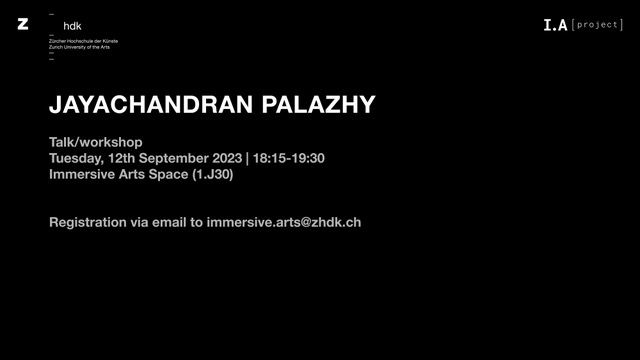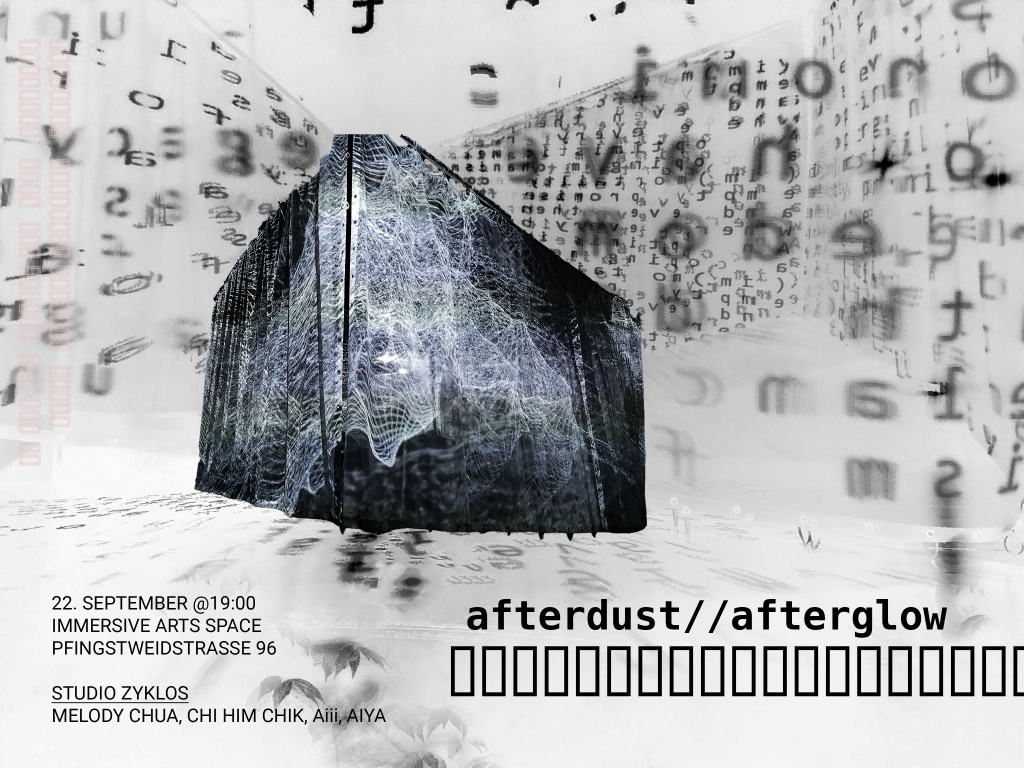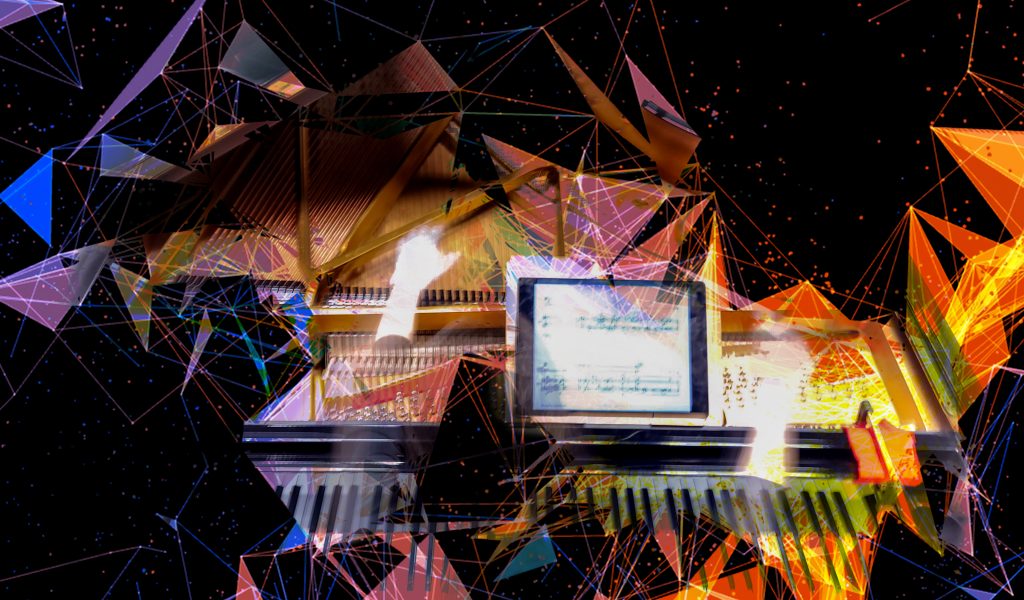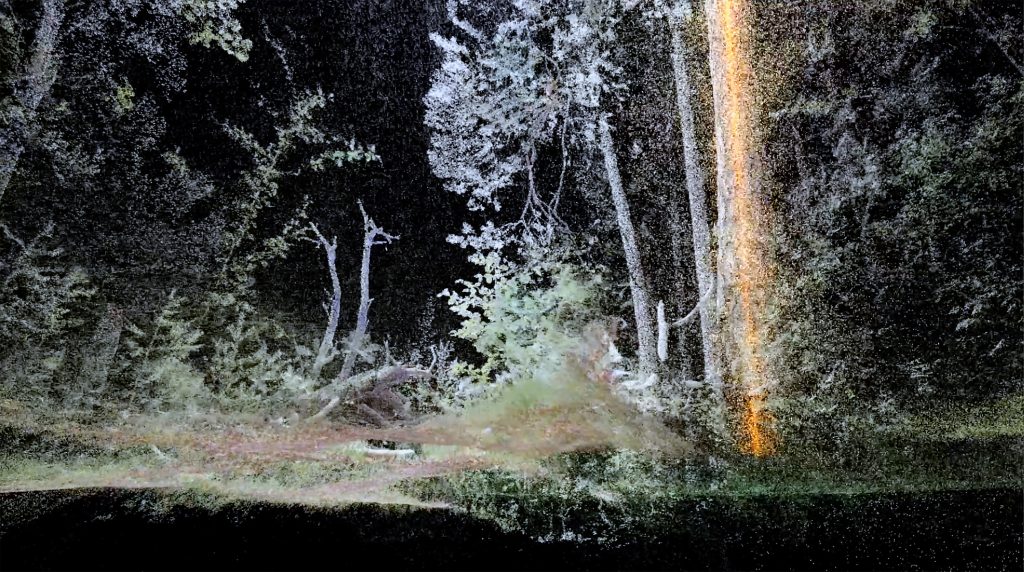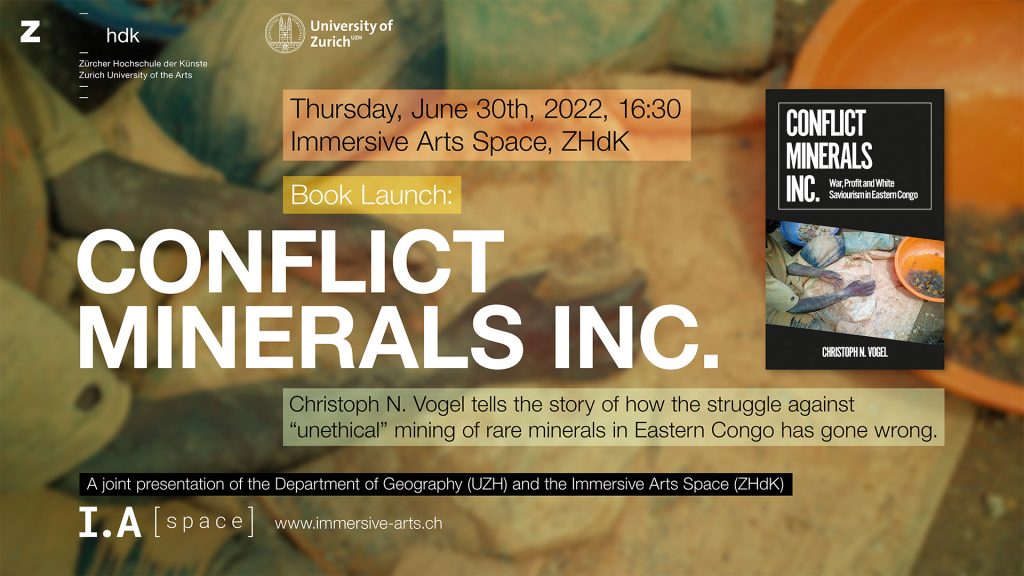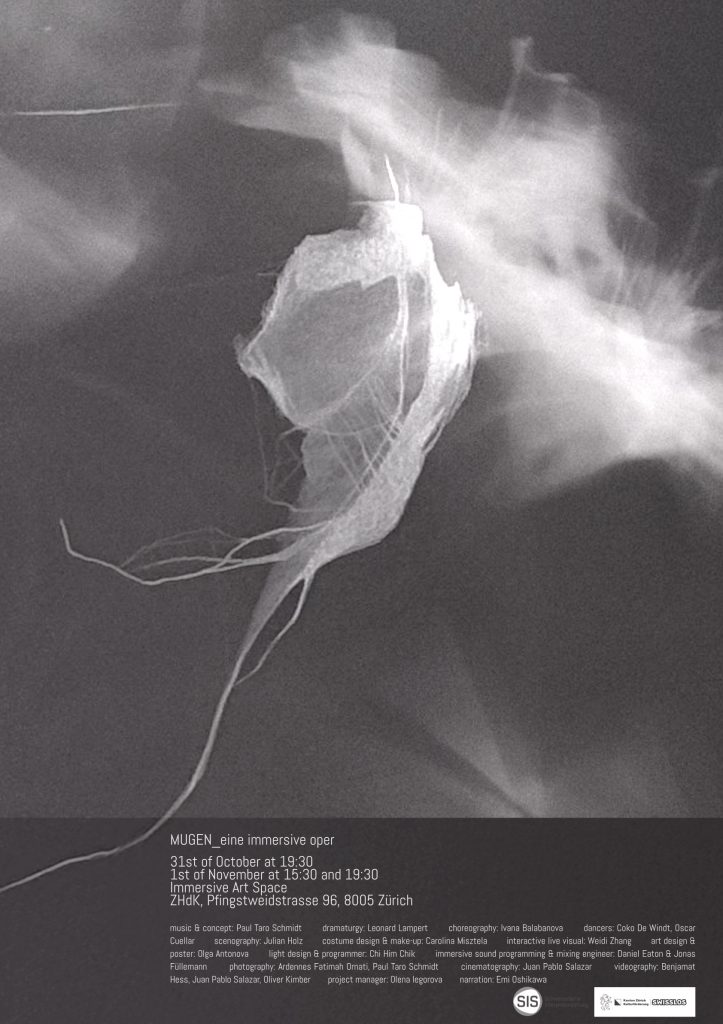
Mugen is an multidisciplinary immersive opera, that is based on Japanese writer Natsume Soseki’s (1867-1916) first dream from his short story “10 Nights of Dreams” (1908). The piece is divided into 7 x 7 minute parts following the character’s symbolic journey, that forms the emotional core of “Mugen”, while its themes of death, love, longing and the ambiguous syntheses of time and space create a rich character.
“The dreamer realises that he is sitting with his arms folded next to a woman lying on a bed, and she quietly confesses to the figure that she will soon die. This surreal encounter with the woman doesn’t faze the dreamer, and he asks her when she will die and whether she has to die. She confesses that she cannot change her fate and that she would like to ask the figure to bury her after her certain death. He is instructed to dig her grave with a large shell, bury her in it and erect a gravestone with a fragment of a fallen star. Finally, he is to wait in a hundred-year vigil for her self-proclaimed return. The dreamer follows her instructions and begins to count the days that pass as the sun moves from east to west. After some time, he wonders whether the woman has betrayed him. Unexpectedly, a white lily begins to grow from the fresh grave. At the end of its blooming period, he finally knows that 100 years have passed and the mysterious return of the woman is imminent.”
It will be a seated show, with audio-visual interaction on projection, with lights programmed to the music, dance, live music.
The shows will take place on 31st October, 1st November (two shows) and 2nd November 2024. Tickets can be reserved [here]
Credits:
MUSIC & CONCEPT: PAUL TARO SCHMIDT
DRAMATURGY: LEONARD LAMPERT
CHOREOGRAPHY: IVANA BALABNOVA
DANCERS: COKO DE WINDT
COSTUME DESIGN/MAKE-UP: CAROLINA MISTZELLA
VISUAL ART: WEIDI ZHANG
ART DESIGN/POSTER: OLGA ANTONOVA
LIGHT DESIGN: CHI HIM CHIK
SOUND DESIGN: JONAS FULLEMANN
PHOTOGRAPHY: ARDENNES ORNATI, PAUL TARO SCHMIDT
VIDEOGRAPHY: BENJAMAT HESS, JUAN PABLO SALAZAR, OLIVER KIMBER
FILM EDITOR: BENJAMAT HESS
PROJECT_MANAGER: OLENA IEGOROVA
MUSICIANS
NARRATION ERI OSHIKAWA
SHO NAOMI SATO
VOCALS SALOME CAVEGN, ALEKSANDRA SUCUR
DOUBLE BASS AZUNA OISHI
PERCUSSION BARBARA RIBEIRO
PIANO PAUL TARO SCHMIDT
VOICES ARDENNES ORNATI, DMITRY SMIRNOV, ALEKSANDRA SUCUR, CHI HIM CHIK, SAIKO SASAKI, STEPHAN TEUWISSEN, OLGA ANTONOVA
STRINGS MAX BAILLIE, ALESSANDRO RUISI, GRETTA MUTLU, OLI LANFORD, HÉLÈNE CLEMENT, ANNE BEILBY, KIRSTEN JENSON, COLIN ALEXANDER
MUSIC CONTRACTOR ELEONORE, SUSIE GILLIS
RECORDED BY JOHN BARRETT AT ABBEY ROADS STUDIO 2
